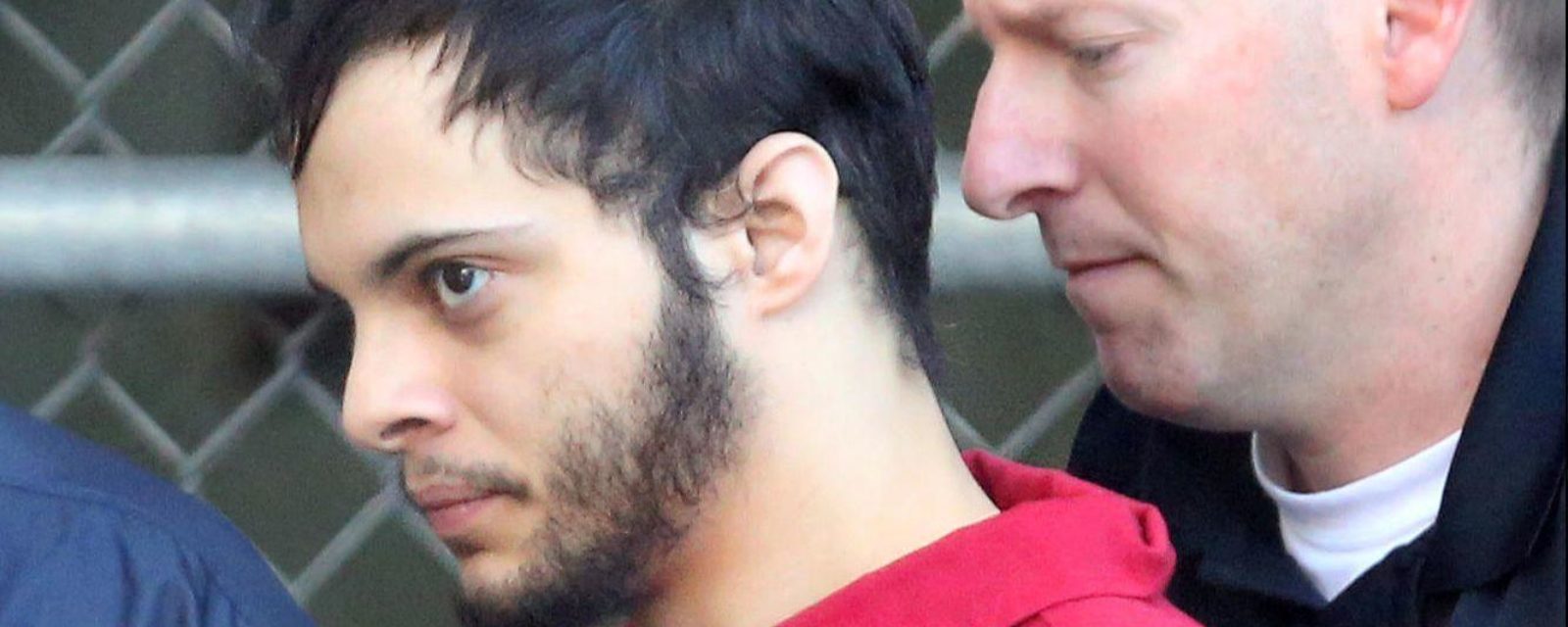The recent shooting attack that was perpetrated by former Alaska National Guard soldier Esteban Santiago is yet another case where the subject was previously known to the FBI. And like in previous cases where the FBI was aware of a subject prior to an attack, people are questioning how this could happen.
The Challenge of Tracking Threats
To be sure, the motive for this attack has not been determined, but the suspect previously visited an FBI office and stated that he was being forced to fight for the Islamic State and that a US spy agency was controlling his mind. Not rational thought, but clearly a statement that would raise some red flags. I think there is a general misconception of how terrorism investigations are conducted and the very limited resources that are available to cover all the domestic terror threats that we face.
Mr. Santiago reported to an FBI office making statements that clearly identified him as someone that needed psychological evaluation. Mental health professionals performed that evaluation. If someone is temporarily committed for a psychological evaluation, with no crime being committed, it is up to those mental health professionals to determine when they can be released. Once that subject is released the options for law enforcement are very limited. If there was concern of a possible nexus to terrorism the FBI or a member of a Joint Terrorism Task Force could initiate an investigation and even possible surveillance of an individual. But with over 900 ISIS suspects being investigated by the FBI in all 50 states in 2015, what is the threshold to dedicate resources to a case? The FBI can’t follow everyone.
When considering terrorism investigations, it must be understood that there are a seemingly limitless number of suspicious individuals visiting radical websites, posting alarming material on social media and acting suspiciously. Short of crimes being committed, law enforcement must make tough decisions concerning where to allocate their very valuable resources. These decisions are not always made with the benefit of total clarity, in fact they rarely are. I think the answer lies in more local and state resources being dedicated to the counter terrorism mission and a renewed emphasis on identifying and combating the root causes of radicalization. One thing will continue to hold true, intelligence failures are highly publicized, while intelligence successes are rarely known.

Leave a Reply